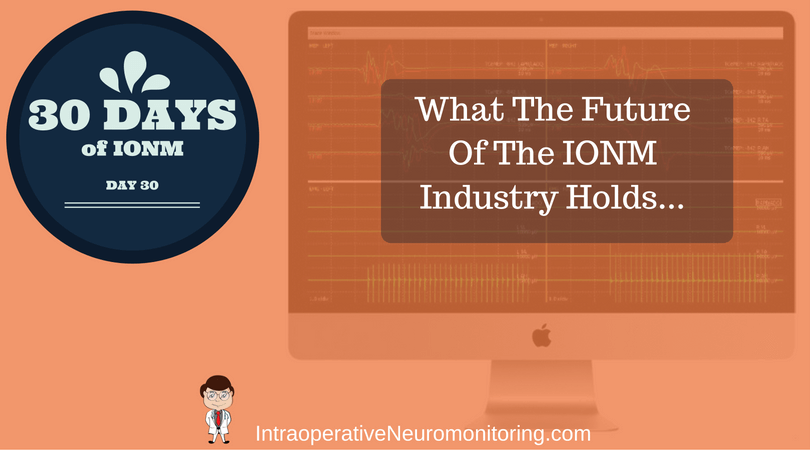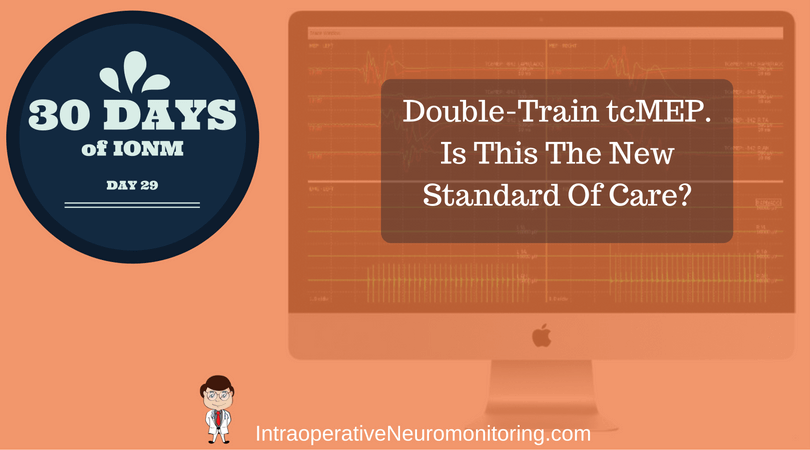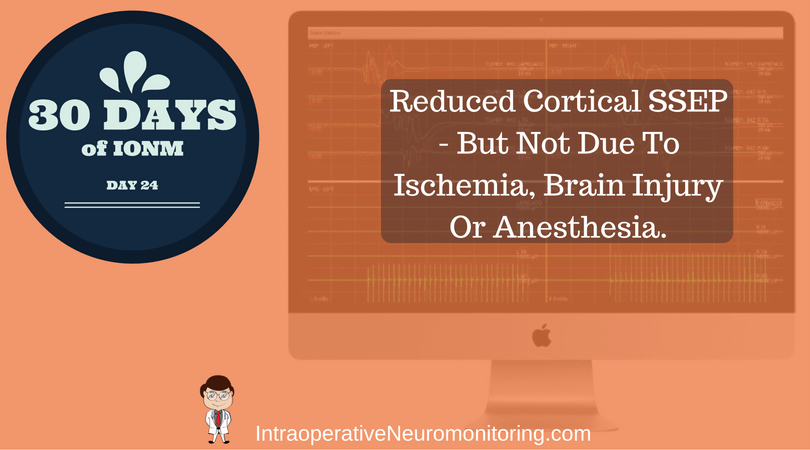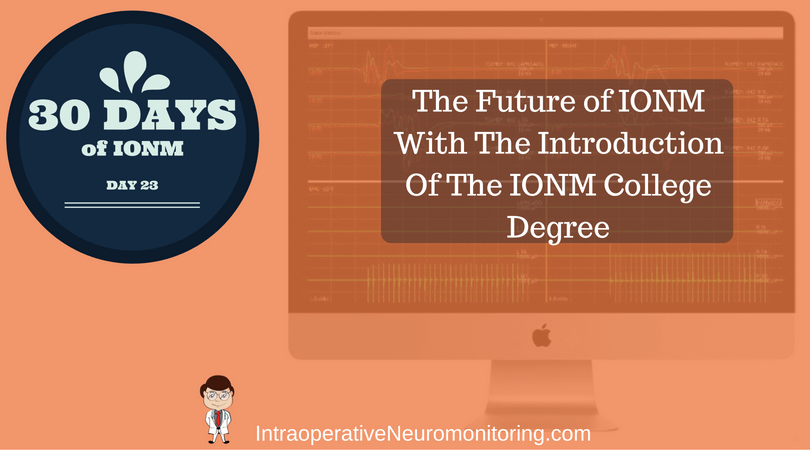
by Joe Hartman | Nov 22, 2016 | Neuromonitoring Training
Levetiracetam And Its Effects On Transcranial Motor Evoked Potentials During Surgery Levetiracetam (AKA Keppra) It’s pretty widely accepted that inhalational agents and muscle relaxants will reduce the effectiveness of transcranial motor evoked potentials during... 
by Joe Hartman | Nov 11, 2016 | IOM Jobs, Neuromonitoring Training
What To Expect From The Neuromonitoring Field In The Future? Anyone else want to make some predictions about the neuromonitoring field? Let’s talk about what we can expect out of neuromonitoring in the near future. This line of conversation seems to come up a... 
by Joe Hartman | Nov 10, 2016 | Neuromonitoring Training
Double-Train MEP On A Comeback Kick Using transcranial electric motor evoked potentials in the operating room has become routine practice for spinal cord monitoring. Recent improvements in the ability to record tcMEP have resulted in increased use during other... 
by Joe Hartman | Nov 9, 2016 | Neuromonitoring Training
How Resourceful Of A Neuromonitoring Tech Are You? First off, let me start this topic off by saying that I’m not a big fan of the term neuromonitoring tech (I prefer surgical neurophysiologist or SNP). But I really want to address those in the field that might... 
by Joe Hartman | Nov 3, 2016 | Neuromonitoring Training
Loss of Cortical SSEP Due To Loss of Receptor Activation Earlier in this 30 Days of Neuromonitoring series, I wrote about cortical and subcortical reorganization after a loss of afferent feedback from carpal tunnel syndrome and how that affects intraoperative... 
by Joe Hartman | Nov 2, 2016 | Neuromonitoring Training
The CNIM vs The Intraoperative Neuromonitoring Degree (Joe’s notes: This is a GUEST POST by Josh Mergos, who is the director of the Intraoperative Neuromonitoring Program at the University of Michigan – School of Kinesiology. We met for the first time...







